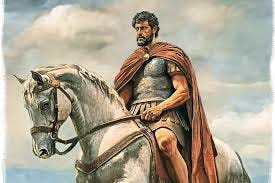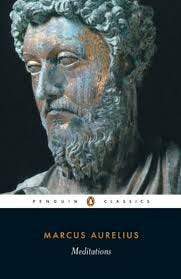Analysing the Meditations by Marcus Aurelius: The Greatest Stoic Journal Ever Written - A Study in Philosophy
The History of the Meditations
I must admit I didn’t initially set out to write philosophy when I first started this Substack, however in recent years I’ve begun to turn ever more to Marcus Aurelius. He’s a comfort alongside Aristotle that is hard to resist and as I’ve no intention of resisting the magnetism around his writing I figured why not get to wr…




